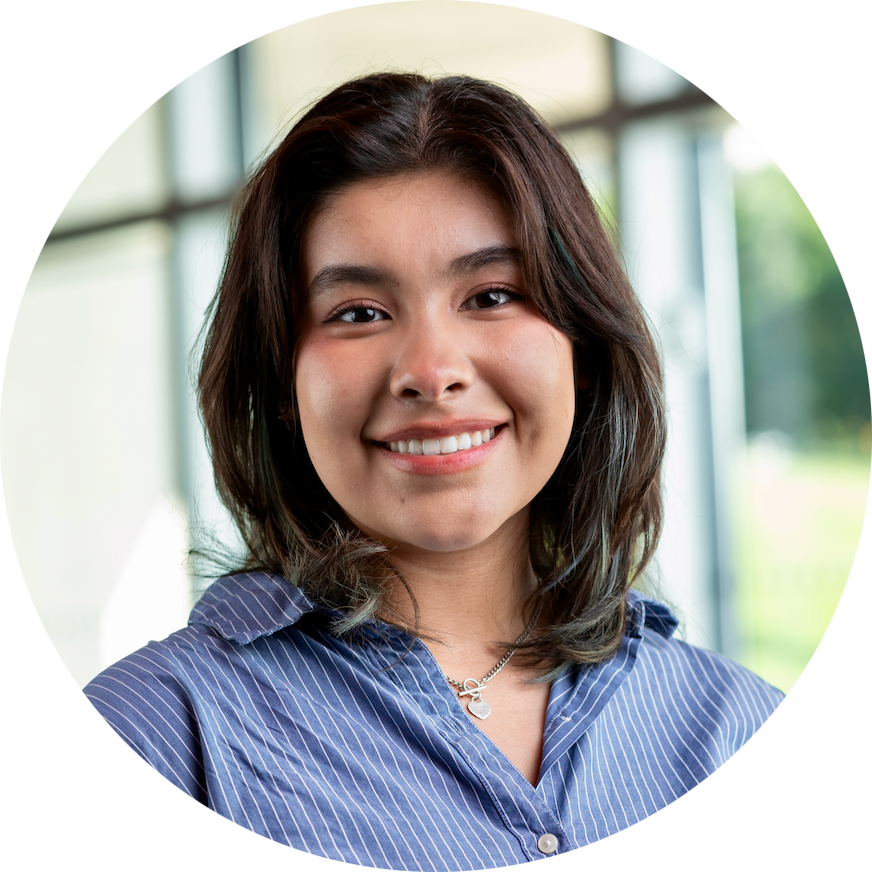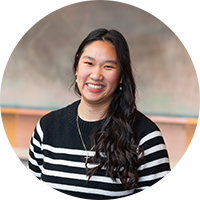CSD Student Mentoring Opportunities
This page is designed to help CSD students explore mentoring opportunities in speech-language pathology and audiology. Here, you'll find guidance on available programs and personal testimonials from students who have benefited from mentorship.
What is Mentoring?
Mentorship is a professional relationship where experienced individuals provide guidance, knowledge, and networking opportunities to mentees. It helps foster growth in personal, academic, and career development. Explore the benefits of mentorship through this APA Mentorship Resource.
Mentoring Opportunities
| Mentoring Opportunity | Organization | Eligibility Requirements | Application Period |
|---|---|---|---|
| Student to Empowered Professional (S.T.E.P.) | ASHA | Undergraduate and graduate students who are or will be enrolled in a communication sciences and disorders programs. Must be a current National NSSLHA member to fully participate in the S.T.E.P. discussions. | February 3, 2025 – March 3, 2025 |
| Mentoring Academic Research Careers (MARC) | ASHA | Students who are currently enrolled in a PhD degree program in CSD, postdoctoral fellows, or early-career faculty with a PhD | August – early September |
| Audiology Mentor Program for Students (AMP-S) | ASHA | Students currently enrolled full time in an AuD program, and a National NSSLHA member or SAA member (preferred but not required) | Late October – November |
| Assistants Mentoring Program | ASHA | Must be a currently-employed ASHA-certified audiology assistant or SLPA, be state credentialed as an audiology assistant or SLPA or state-equivalent support personnel | May 8 – 31, 2025 |
| L'Dor V'Dor Mentorship Program | ASHA Jewish Caucus | Undergraduate and graduate studentswho are or will be enrolled in a communication sciences and disorders programs. | TBD |
| LGBTQ+ Communication Sciences & Disorders Student Association (LGBTQ+ CSDSA) Mentorship Program | LGBTQ+ Communication Sciences & Disorders Student Association (LGBTQ+ CSDSA) | Mentees must be eligible for membership in the LGBTQ+ CSDSA (be a current undergraduate, graduate, or doctoral student, a student taking a gap year prior to graduate education, or a recent graduate entering into their clinical fellowship year). Mentees must be a part of the LGBTQ+ community or an active ally. | TBD |
| NBASLH Mentorship Program | NBASLH | Must be a Black student at an undergrad, graduate, or post graduate student in Communication Sciences and Disorders at any institution and be a current NBASLH member | TBD |
Local state associations, NSSLHA chapters, and universities also offer unique mentoring opportunities—be sure to explore these resources in your area!
Mentoring Testimonials

Jocelyn’s Experience
"Through the IMPACT Program, a collaboration with Hampton University, I have had access to several different types of mentors throughout my undergraduate education. I have a mentor at Hampton University, an academic mentor at Case Western Reserve, a research mentor, and an affinity mentor (someone in the field of SLP). While each member plays a unique role in my journey, they each are helping me become a better leader within the field.
At first, it seemed daunting to participate in such a program as many of my mentors are well-established individuals in our profession. Many of them reminded me that they started right where I was - as an undergraduate student with lots of questions. This reminder brought me a lot of comfort. I am lucky to have been able to participate in this program, but I also recognize that not all schools offer these opportunities. Apart from IMPACT, I have many other mentors who are extremely special to me, many of whom I have connected with at my university. They also have shared many valuable lessons with me. Do not be afraid to reach out to professors or speakers at a NSSLHA event. They could possibly be an important person to you in the future!"
– Jocelyn Martinez, Case Western Reserve University

Allison's Experience
"I have been extremely blessed to have amazing mentors who have poured so much into each season of my life. When it came time to begin my doctoral program, and seemingly the start of my professional career as well, I knew that seeking an audiology mentor would be a great benefit. ASHA recently launched their Audiology Mentor Program for Students (AMP-S), and I have been lucky enough to participate in such a special program.
I was ready to invest a sufficient amount of time and energy into this new relationship, but the program made it significantly easier for me than expected. They prepared me with a mentee handbook, an outline of how the program would look, a user-friendly mentorship portal with appropriate to-do lists, and an easy matching system. Through the support offered by the AMP-S program, my mentor and I have been able to allocate time to the research, networking, and leadership goals I have created for myself. She provides helpful resources and advice as I navigate grad school and gives a non-biased perspective as a professional in this field. The AMP-S program and my mentor’s investment in me has allowed me to feel more connected in a large profession and grown my skills as a student and leader."
– Allison Tran, San Jose State University